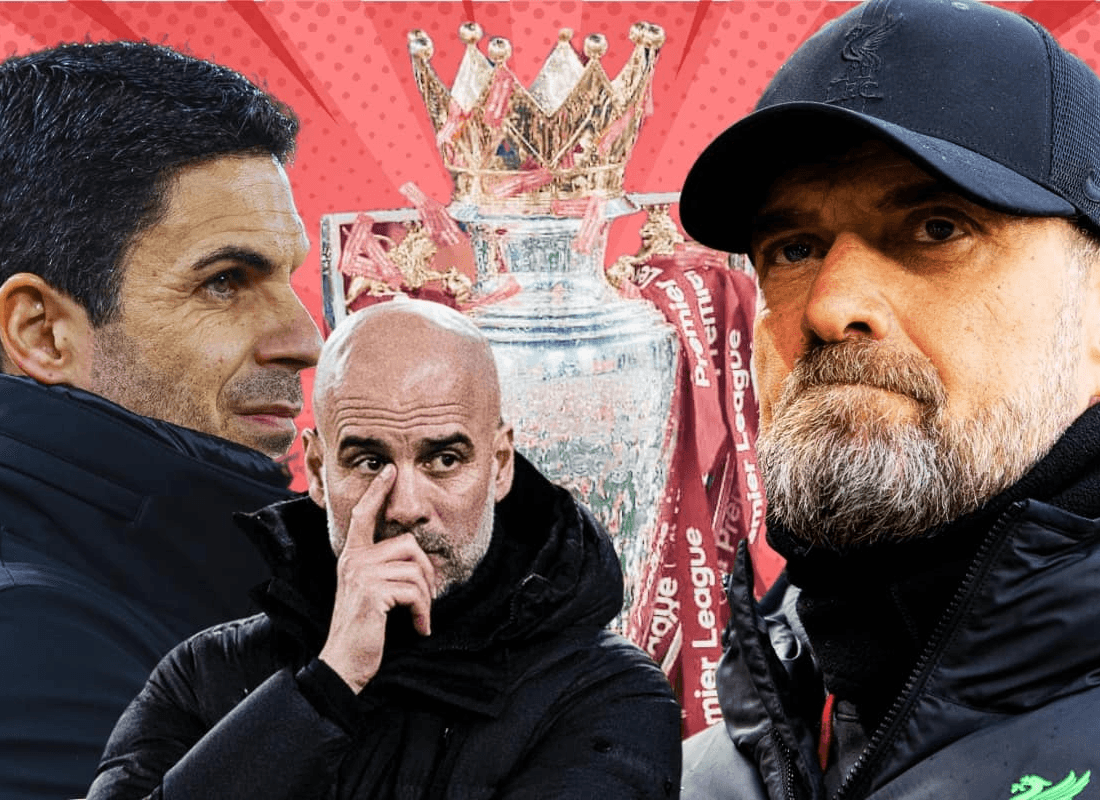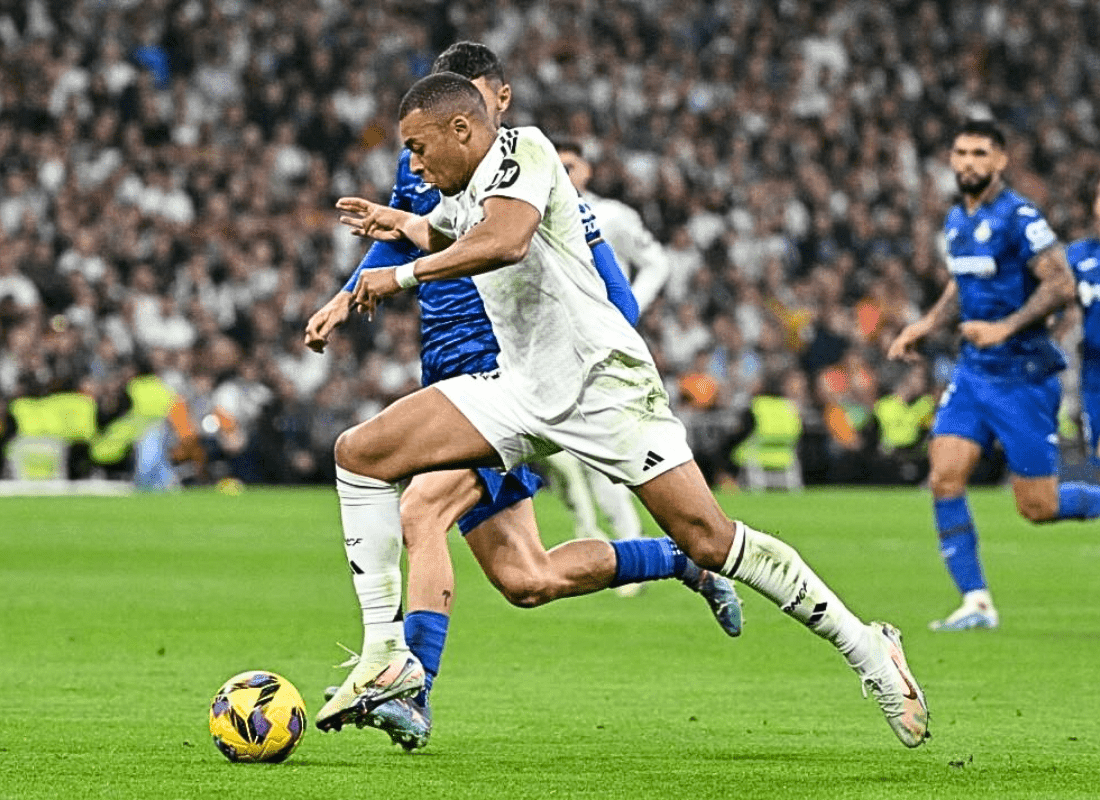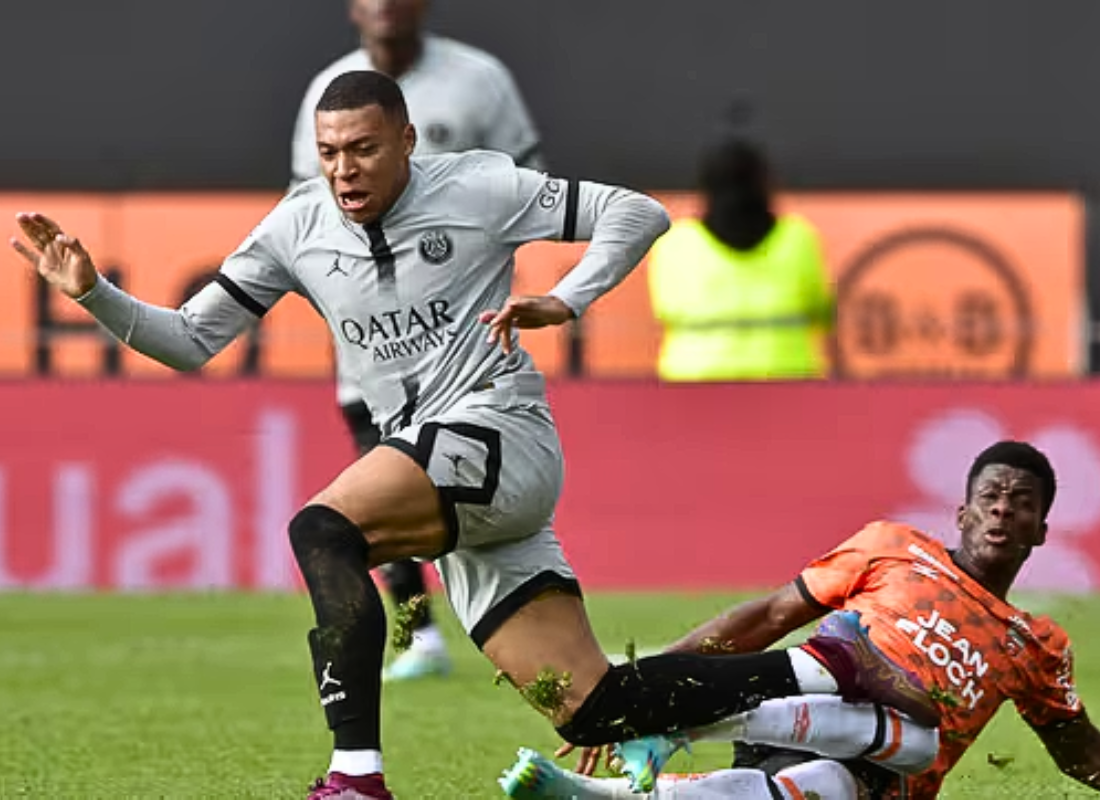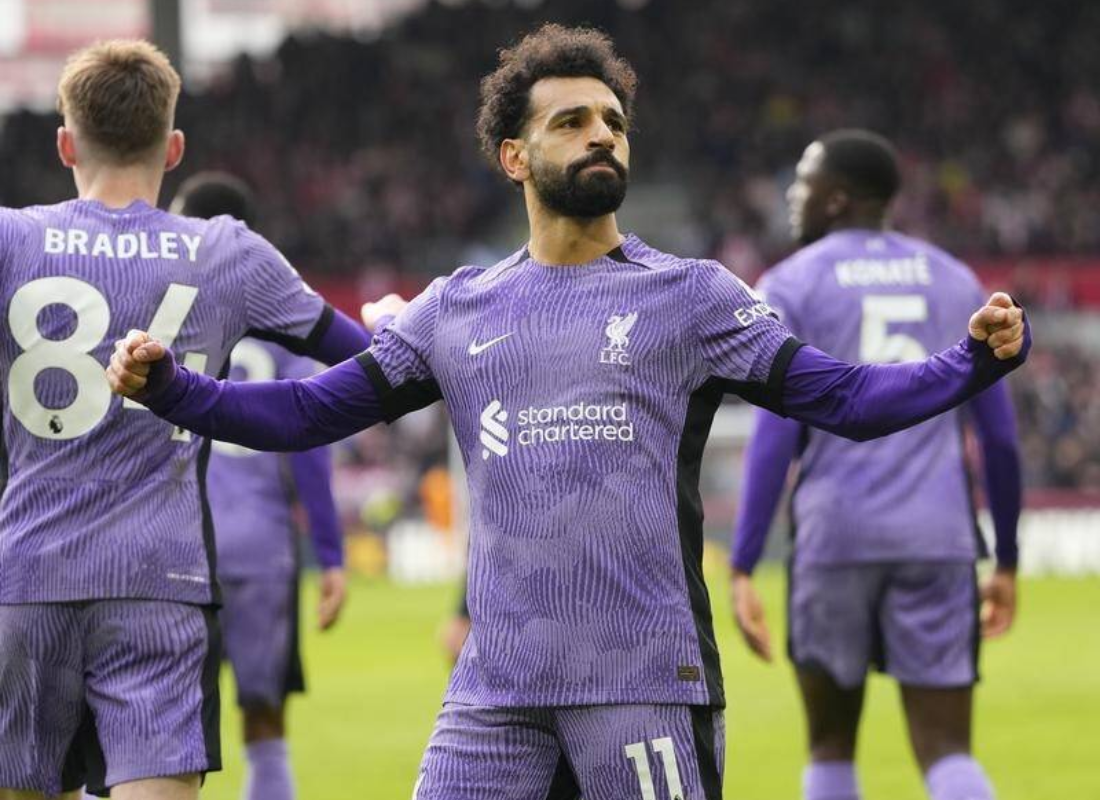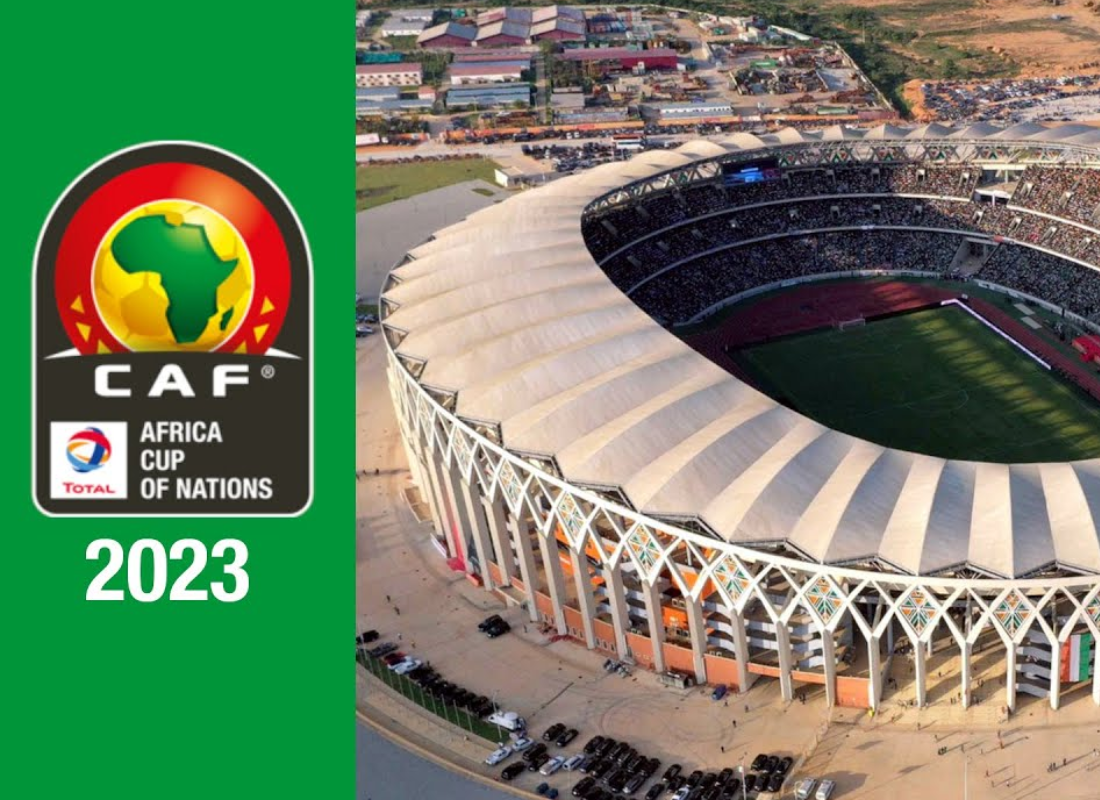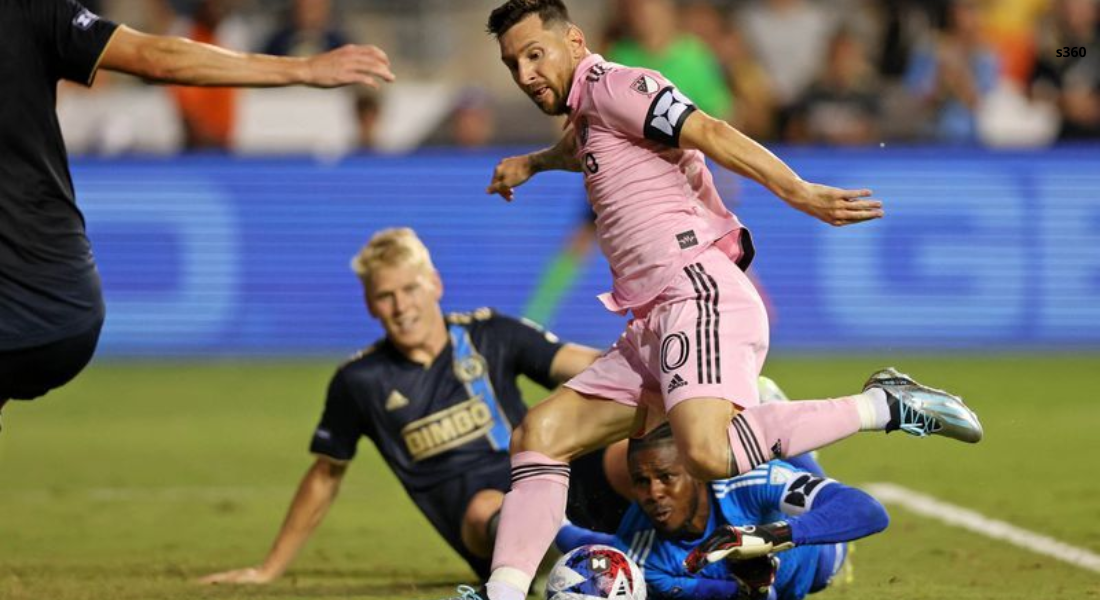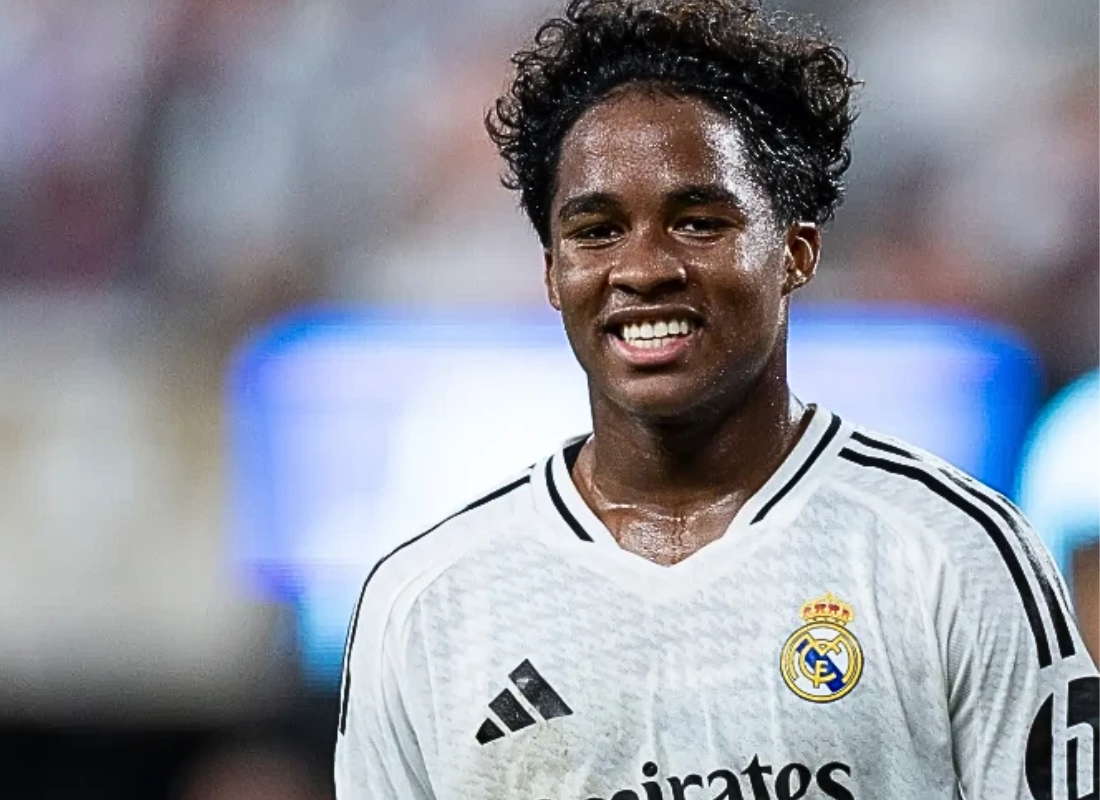As European tournaments recommence, the Premier League showcases the leading teams in both the Champions League and Europa League. With European football’s return, there’s a chance for other top clubs from the continent to challenge the undeniable supremacy of Arsenal, Manchester City, and Liverpool, who are currently regarded as the pinnacle of global football excellence.
Acknowledging the typical perspective often held by English writers, particularly those immersed in the Premier League football scene, it’s imperative to concentrate on the argument rather than personal biases. What convincing evidence can be presented for any other club to rival the dominance of England’s top three teams?
Real Madrid could be seen as the most compelling contender. There’s a chance that as soon as next season, they could establish themselves as the dominant force in Europe, especially if they secure anticipated signings like Kylian Mbappe and Alphonso Davies, which would strengthen a team poised for success in the coming decade.
Even in the current season, at full strength, Carlo Ancelotti‘s side could present a more formidable challenge to Manchester City compared to the previous season. However, they are currently dealing with significant absences, including one of the world’s best goalkeepers and center backs, and lack high-quality alternatives within their squad.
Barcelona, both in European competitions and domestically, have performed at a similar level to Madrid, although this hasn’t always been reflected in their points tally. However, they are facing issues in attack with Robert Lewandowski not reaching his usual world-class standards.
Atletico Madrid might boast La Liga’s exceptional forward in Antoine Griezmann, but their success could heavily rely on individual brilliance from him and Jan Oblak’s goalkeeping prowess if they aim to progress to the Champions League final. While both players have the capability to deliver, Diego Simeone’s squad doesn’t possess the same abundance of match-winners as seen in the top three English clubs.
Among the top teams in Europe’s major leagues, Inter made a compelling case before their elimination. Managed by Simone Inzaghi, they boasted the best defensive record, superior goal difference, and a top three attack led by the talented Lautaro Martinez.
Despite having an advantage in their round of 16 clash with Atletico Madrid, Inter’s exit from European competition wasn’t entirely unexpected, given the slim margin. While their assertive midfield might dominate Serie A, doubts linger about whether players such as Hakan Calhanoglu, Nicolo Barella, and Henrikh Mkhitaryan can handle the rigors of elite competition in the Champions League, a level they’ve only experienced in the 2022 round of 16 and 2023 final.
Paris Saint-Germain, another league leader, face an improving Barcelona during their typical spring challenges. Having clinched the Ligue 1 title months ago, PSG’s focus has shifted to transfer dealings. Although having Kylian Mbappe provides them with a chance against stronger adversaries, his imminent departure introduces uncertainties.
Bayer Leverkusen, unbeaten in 40 matches, have displayed impressive form, often applying intense pressure that results in late victories. However, relying on last-minute heroics against relatively modest opponents like Qarabag and Heidenheim may not be a sustainable approach in the long term.
Looking solely at statistical data, Bayern Munich emerges as a formidable contender among Europe’s top teams. They lead the scoring charts with 80 goals in 28 Bundesliga matches and maintain an average of 2.7 expected goals (xG) per game. Meanwhile, Arsenal, Bayer Leverkusen, and Inter all share a similar xG difference of 1.3.
Had Thomas Tuchel’s team not seemed intent on undermining themselves, they could have potentially dominated domestically with such impressive figures. However, these remarkable statistics haven’t translated into an equally impressive Champions League campaign.
Their record of six wins, one draw, and one defeat in the tournament appears rather lackluster. Despite their impressive numbers in Germany, they fall short in terms of both results and performance, even on the European stage.
The discrepancy between Bayern Munich’s performance in domestic leagues and European competitions emphasizes the concept of English superiority. The Premier League exhibits a depth of quality that exceeds that of the other major European leagues, presenting teams like Manchester City, Arsenal, and Liverpool with more significant challenges.
While the other leagues feature commendable teams, none can rival the depth seen in the Premier League. For instance, in recent matches, Pep Guardiola encountered a manager who had previously won the Europa League, while Mikel Arteta’s squad faced a Brighton team led by a coach who could potentially lead Bayern Munich, Barcelona, or Liverpool in the future.
Despite varying opinions on Erik ten Hag’s managerial skills, few clubs in Europe possess the wealth of talent available at Manchester United, irrespective of how it is utilized.
The Premier League distinguishes itself as a competition where West Ham can include Brazil’s number 10 in their lineup, Chelsea’s significant investment in promising young talent barely secures them a place in the top half, and even relegation-threatened Nottingham Forest boasts a right-back selection featuring a player who scored the decisive penalty in a World Cup final, a former standout from Liverpool’s academy, and a two-time champion of Africa.
The Premier League attracts top-tier players, coaches, executives, and sports scientists, creating a fiercely competitive environment where even minor differences separate teams in the top and bottom halves of the table.
Three teams have set themselves apart from the competition. Despite Liverpool’s exclusion from the Champions League this season due to injuries in key positions, they would undoubtedly be regarded as contenders if they were participating.
This season’s squad is better prepared to handle selection challenges, as evidenced by their ability to manage without Alisson Becker and Trent Alexander-Arnold for 10 games. While their 2-2 draw with Manchester United on Sunday may have raised doubts about Jurgen Klopp’s team’s effectiveness, they stand out as the sole club in Europe’s top five leagues to average over 20 shots per game, providing ample opportunities for creating chances.
With a full roster, Liverpool boasts an attacking lineup led by Luis Diaz, Diogo Jota, Darwin Nunez, and Mohamed Salah, all of whom rank among the top 50 players across Europe’s top five leagues in terms of non-penalty expected goals (xG) and expected goals assisted per 90 minutes.
Manchester City maintains its characteristic style, although it may seem slightly less formidable compared to last season’s lineup. There’s a lingering memory of the team’s attacking potential when not solely fixated on providing chances to Erling Haaland.
Nevertheless, they boast the game’s premier goal scorer and an exceptional supporting cast of creators, alongside arguably one of the world’s best players in Rodri. Their defense is also notably robust. In the Champions League, they have demonstrated a considerable advantage over their rivals. PSG ranks second in expected goals (xG) difference in the competition, with a commendable 8.4 from eight games, while City’s stands at an impressive 16.7.
Despite potentially challenging fixtures against Madrid and either Bayern or Arsenal en route to the final, City remains the firm favorite to claim the trophy at Wembley in June. However, there’s an argument suggesting they might not even be the top team in England.
Arsenal, in particular, are poised to achieve a feat not seen since Guardiola’s inaugural title triumph in England back in 2017-18: surpassing City’s xG difference. Moreover, they might even exceed City’s actual goal difference. The Premier League leaders blend a potent attack with a defense that seems to have already psychologically defeated opponents, reminiscent of the Invincibles era. If they need to defend a first-leg advantage at the Allianz Arena, they possess the defensive prowess to do so.
This season, Arteta seems to have embraced one of his former manager’s most effective strategies: assembling teams capable of defeating decent opponents even when they are performing well. Brighton did not exhibit any glaring weaknesses in their approach at the Amex on Saturday; in fact, there were some quite precarious moments during the first half.
Arsenal, although not reaching the peak levels seen during their streak of nine wins and a draw in the Premier League, still emerged as convincing 3-0 winners. It’s often said that the best teams manage to secure victories even when they are not performing at their best. While this sentiment may hold true, truly exceptional teams prevail because their off-days are not overly dire.
However, the supremacy of the three English teams may become irrelevant in the weeks to come. Klopp might choose to field too many secondary players in a competition that ranks lower on his list of priorities than the Premier League. If European experience plays a significant role, then Bayern holds a distinct advantage over Arsenal.
Ancelotti has achieved Champions League success in recent memory, largely due to opponents being intimidated by the formidable reputation of Real Madrid. Nevertheless, even if such scenarios materialize, the Premier League trio will remain the standard-bearers for European football excellence. It will require significant strides from other clubs to match their level in the years ahead.
ALSO READ:
- Arsenal beats Porto on penalties, advances to quarterfinals
- Lamine Yamal: Next Youngest UEFA Champions League Scorer?
- Messi’s Late Goal Saves Miami, Securing Draw vs LA Galaxy

